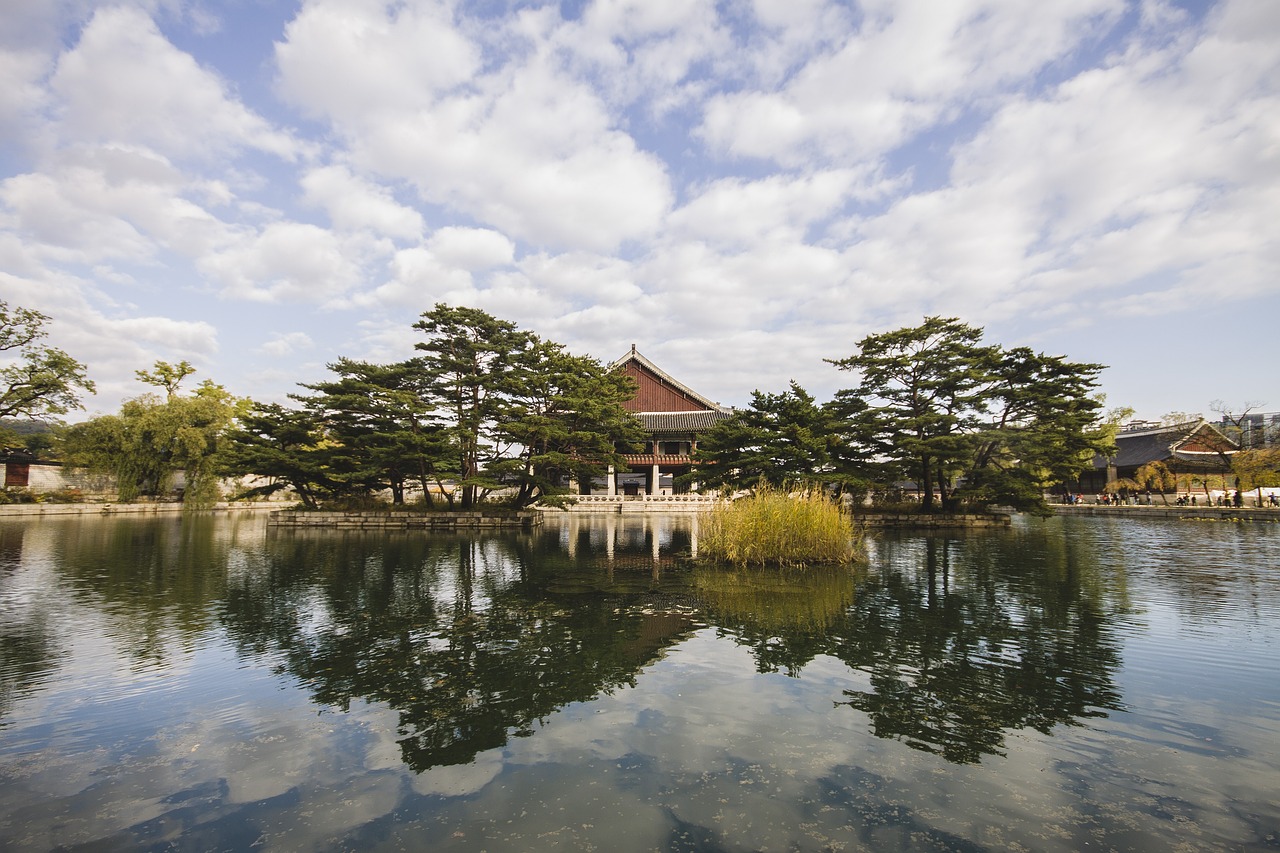Cultural Etiquette: Doing Business in South Korea
South Korea is a country known for its rich cultural heritage, technological advancements, and strong work ethic. When conducting business in South Korea, it is essential to understand and respect the local customs and etiquette. This article provides a comprehensive guide on the cultural etiquette to follow while doing business in South Korea.
Business Culture
Doing business in South Korea requires a deep understanding of the country’s business culture. The Korean business culture is hierarchical and emphasizes respect for authority. Decision-making processes often involve consultation with superiors, and it is important to demonstrate respect for seniority and rank.
- Hierarchy: South Korean businesses have a strict hierarchical structure. It is important to address individuals by their appropriate titles and show deference to senior members.
- Business Cards: Exchanging business cards is a common practice in South Korea. Present your business card with both hands and receive cards with a slight bow. Take time to read the card before putting it away.
- Punctuality: Being punctual is highly valued in South Korean business culture. Arrive on time for meetings and appointments to show respect for others’ time.
- Formal Attire: Dressing formally is expected in business settings. Men should wear suits, and women should opt for conservative and professional attire.
- Business Language: While English is widely spoken in business settings, learning a few basic Korean phrases can be beneficial. It shows respect for the local culture and helps build rapport.
Communication
Effective communication is vital when doing business in South Korea. Koreans value indirect communication and paying attention to non-verbal cues. Understanding the nuances of Korean communication style can greatly facilitate successful business interactions.
- Politeness: Koreans value politeness and indirectness in communication. Avoid confrontational or aggressive language and maintain a respectful tone.
- Non-Verbal Cues: Pay attention to non-verbal cues such as facial expressions, body language, and tone of voice. These cues often convey important information that may not be explicitly stated.
- Listening: Active listening is crucial in Korean business culture. Show genuine interest by maintaining eye contact, nodding, and asking clarifying questions.
- Silence: Silence is often used as a communication tool in South Korea. Do not rush to fill in gaps in conversation and allow for moments of silence.
- Respectful Language: Use honorifics and formal language when addressing senior members or clients. It demonstrates respect and is highly appreciated.
Business Meetings
Business meetings in South Korea follow a specific protocol and have their own set of customs and expectations. Understanding these nuances is vital to making a positive impression and conducting successful meetings.
- Agenda: Provide an agenda in advance to allow participants to prepare. Koreans appreciate structure and organization in meetings.
- Presentations: Prepare well-structured and detailed presentations. Koreans value thoroughness and attention to detail.
- Decision-Making: Decisions are often made collectively in South Korea. Allow time for consultation and consensus-building.
- Hierarchy: Respect the hierarchical structure during meetings. Speak in order of seniority and address senior members first.
- Gifts: Bringing a small gift is customary when meeting with Korean business partners. Choose a gift that reflects your company or country.
Negotiations and Contracts
Negotiating business deals and contracts in South Korea requires patience, persistence, and a willingness to build relationships. Koreans value trust and long-term partnerships, and negotiations can be a lengthy process.
- Building Relationships: Invest time in building relationships before diving into business negotiations. Koreans prefer doing business with people they trust.
- Face: Maintaining face, or preserving one’s reputation, is crucial in Korean culture. Avoid putting your Korean counterparts in situations where they may lose face.
- Consensus-Building: Decision-making often involves consensus-building. Be prepared for multiple rounds of negotiations and consult with your team before making final decisions.
- Contracts: Contracts are important in South Korea, but they are seen as a starting point for building trust rather than a final agreement. Be prepared for negotiations even after signing a contract.
- Patience: Negotiations can be lengthy in South Korea. Exercise patience and avoid rushing the process.
Business Entertainment
Business entertainment plays an important role in building relationships and fostering trust in South Korea. Understanding the etiquette surrounding business meals and social events is crucial.
- Drinking Culture: Alcohol often accompanies business meals in South Korea. It is customary to accept a drink and participate in toasts. Pace yourself and be mindful of your limits.
- Seating Arrangements: Seating arrangements are often hierarchical. Wait for your host to indicate where you should sit.
- Table Manners: Familiarize yourself with Korean table manners, such as using chopsticks correctly and not sticking them upright in a bowl of rice.
- Gifts: Giving gifts is common in business entertainment. Choose a gift of appropriate value and present it with both hands.
- Etiquette: Observe and follow the lead of your Korean counterparts in terms of etiquette and behavior during business meals.
South Korea Image 1:

Business Attire and Appearance
South Koreans place importance on appearance and dressing professionally. Adhering to the appropriate business attire is crucial to make a positive impression.
- Formal Attire: Dress formally in business settings. Men should wear suits, and women should opt for conservative and professional attire.
- Cleanliness and Grooming: Maintain a neat and clean appearance. Pay attention to personal grooming and hygiene.
- Conservative Dress: Avoid revealing or flashy clothing. Conservative dress is highly valued in South Korean business culture.
- Accessories: Keep accessories minimal and understated. Avoid excessive jewelry or accessories that may distract from the professional image.
- Shoes: Ensure your shoes are clean and polished. Dirty or scuffed shoes can create a negative impression.
South Korea Image 2:

Business Gift Giving
Gift giving is an important aspect of Korean business culture. When presenting gifts, it is important to consider the appropriateness and cultural significance.
- Timing: Present gifts at the beginning or end of a business meeting. Avoid giving gifts during negotiations as it may be seen as a bribe.
- Appropriate Gifts: Choose gifts that reflect your company or country. High-quality items or unique souvenirs are often appreciated.
- Gift Wrapping: Present gifts in nicely wrapped packages. Avoid using excessive wrapping paper or overly decorative ribbons.
- Business Card: Attach your business card to the gift using both hands. Present it with a slight bow.
- Gift Receiving: Receive gifts with both hands and show appreciation. Avoid opening gifts immediately unless instructed to do so.
Conclusion
Doing business in South Korea requires a deep understanding and respect for the country’s cultural etiquette. By following the guidelines outlined in this article, you can navigate the Korean business culture with confidence and build successful business relationships.
South Korea Image 3:

References
– korea4expats.com
– koreabizwire.com
– koreatimes.co.kr
– visitkorea.or.kr

